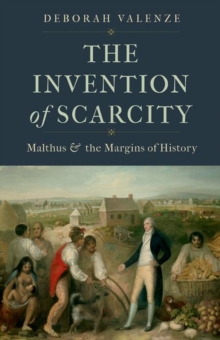
Famine Politics in Maoist China and the Soviet Union Hardback
by Felix Wemheuer
Part of the Yale Agrarian Studies Series series
Hardback
Description
An authoritative study of food politics in the socialist regimes of China and the Soviet Union During the twentieth century, 80 percent of all famine victims worldwide died in China and the Soviet Union.
In this rigorous and thoughtful study, Felix Wemheuer analyzes the historical and political roots of these socialist-era famines, in which overambitious industrial programs endorsed by Stalin and Mao Zedong created greater disasters than those suffered under prerevolutionary regimes. Focusing on famine as a political tool, Wemheuer systematically exposes how conflicts about food among peasants, urban populations, and the socialist state resulted in the starvation death of millions.
A major contribution to Chinese and Soviet history, this provocative analysis examines the long-term effects of the great famines on the relationship between the state and its citizens and argues that the lessons governments learned from the catastrophes enabled them to overcome famine in their later decades of rule.Â
Information
-
Available to Order - This title is available to order, with delivery expected within 2 weeks
- Format:Hardback
- Pages:344 pages, 5 b-w illus.
- Publisher:Yale University Press
- Publication Date:26/08/2014
- Category:
- ISBN:9780300195811
Information
-
Available to Order - This title is available to order, with delivery expected within 2 weeks
- Format:Hardback
- Pages:344 pages, 5 b-w illus.
- Publisher:Yale University Press
- Publication Date:26/08/2014
- Category:
- ISBN:9780300195811










